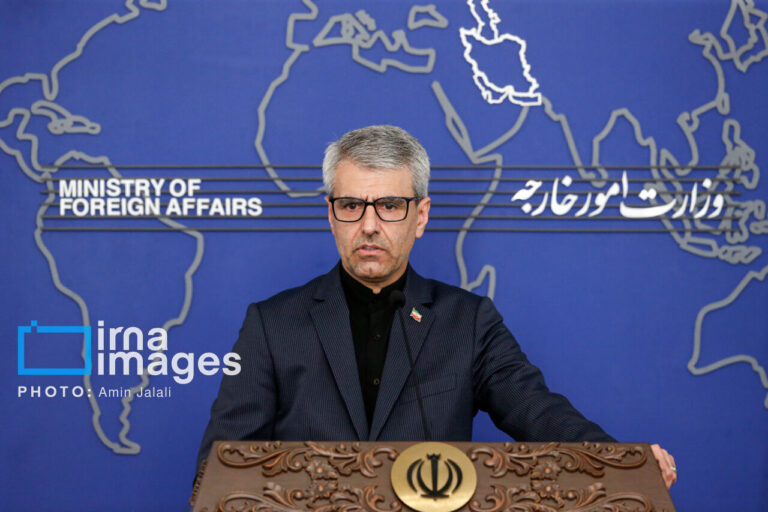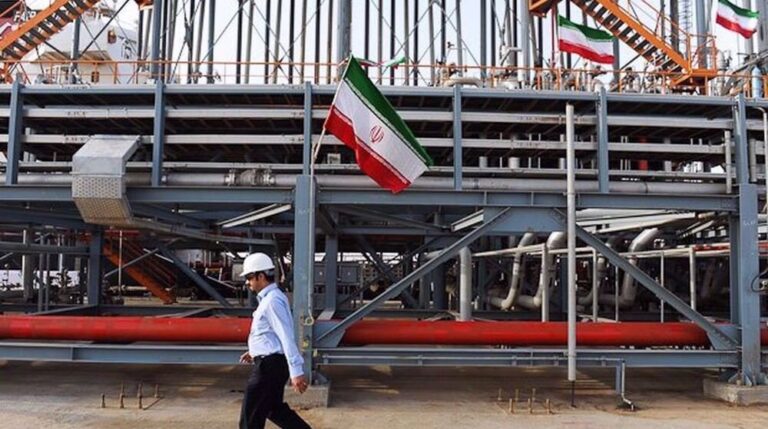Trump’s Ally Sounds Alarm: Urgent Warning Against Escalating Conflict with Iran
In recent discussions surrounding U.S. foreign policy, the topic of potential military actions against Iran has emerged, raising significant concerns among commentators and citizens alike. Prominent American commentator and presenter Tucker Carlson took to his X account to express his grave apprehensions about the implications of such actions.
According to Carlson, engaging in a military strike on Iran at this juncture would be catastrophic for the United States. He articulated his views in a straightforward manner, warning of the dire consequences that could follow. Below are some key points from his commentary:
- Financial Burden: Carlson emphasized that the current economic situation does not allow for additional military expenditures.
- Human Cost: He pointed out that thousands of American lives could be lost in the event of a military conflict.
- Long-Term Consequences: Carlson warned that the U.S. would likely lose any war that follows such a strike, leading to devastating ramifications for the country.
- Pressure from Neocons: The commentator criticized the relentless push from neoconservative factions for military action, labeling it as a suicidal path.
- Allegiance Concerns: He cautioned that anyone advocating for conflict with Iran should not be considered a friend of the United States.
These remarks reflect a growing sentiment among various analysts and citizens who are increasingly wary of the U.S. government’s military intentions in the Middle East. As tensions escalate, the debate over how to handle relations with Iran becomes more urgent.
Many experts echo Carlson’s sentiments, suggesting that diplomacy and dialogue should be prioritized over military confrontation. The potential for a conflict to spiral out of control poses a significant threat, not only to the U.S. but also to global stability. There is a collective understanding that the repercussions of a military strike could extend far beyond the immediate battlefield, impacting international relations and economic conditions worldwide.
Furthermore, the ongoing discussions about tariffs and economic sanctions against Iran add another layer of complexity to this situation. As the U.S. navigates its foreign policy, it is crucial to consider the broader implications of military action. Below are some factors that highlight the interconnectedness of these issues:
- Economic Stability: Military action could lead to destabilization in the region, affecting global oil prices and economic conditions.
- Humanitarian Impact: Civilian casualties and the humanitarian crisis that would likely ensue from a military strike are critical concerns.
- Regional Alliances: Such actions could strain relationships with allies in the region who may not support military intervention.
- Global Perception: The U.S. could face backlash from the international community, impacting its standing and influence.
The call for restraint resonates with many who believe that a military strike against Iran would not only be a tactical error but also a moral one. The emphasis is on finding peaceful resolutions rather than escalating tensions through military means. As Carlson aptly stated, “Anyone advocating for conflict with Iran is not an ally of the United States, but an enemy.” This perspective encourages a critical examination of who benefits from such conflicts and who truly holds the interests of the American people at heart.
In conclusion, the discourse surrounding U.S. military action against Iran is fraught with complexities that demand careful consideration. As citizens and leaders reflect on the implications of such decisions, it is vital to prioritize dialogue and diplomacy over aggression. The stakes are high, and the potential fallout from a military engagement could have devastating consequences for the U.S. and the world at large. The time for restraint and careful deliberation is now, more than ever.
As the situation develops, it will be essential for policymakers to weigh the advice of seasoned commentators like Tucker Carlson and the broader public sentiment. The lessons of history remind us that military interventions can lead to unforeseen consequences, and there is much to lose in pursuit of conflict.






